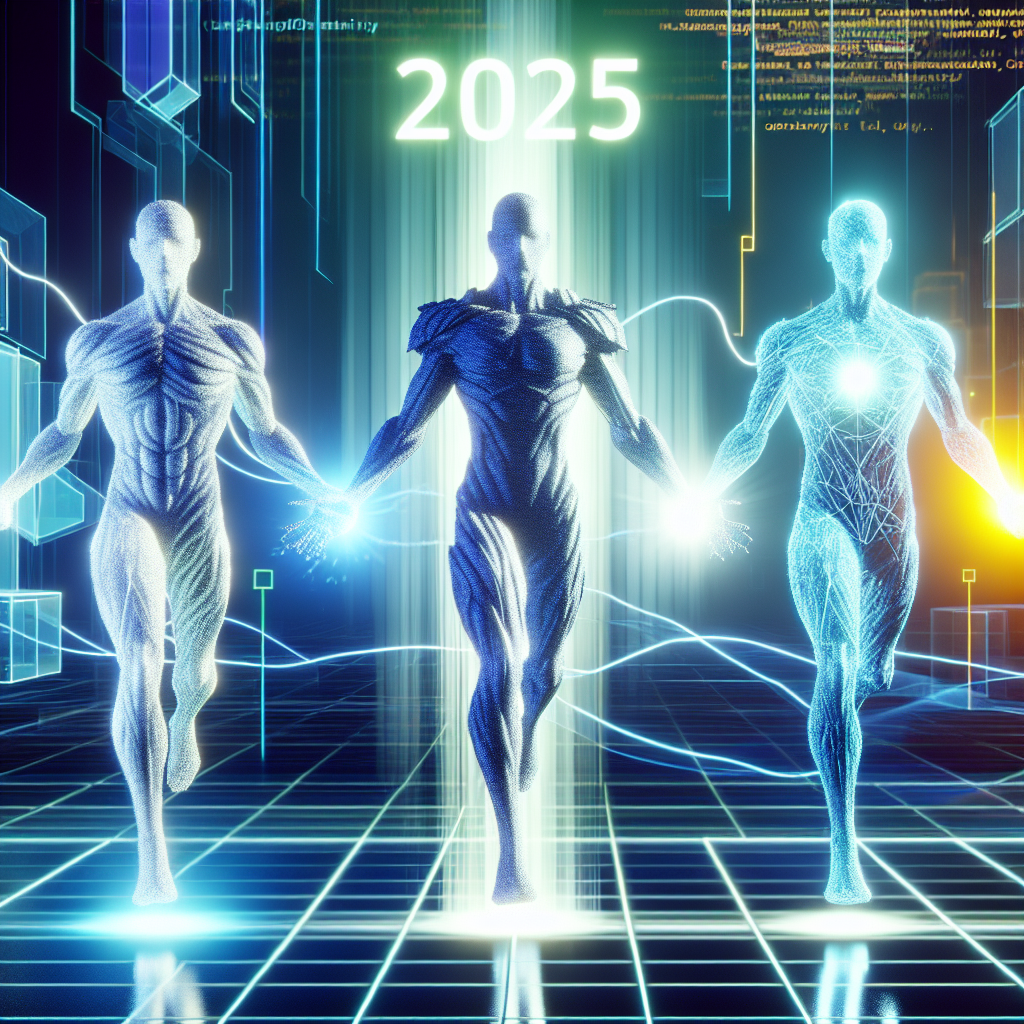Unity vs. Unreal vs. Godot: The Game Engine Duel of 2025
As the game development landscape continues to evolve in 2025, three major players stand at the forefront: Unity, Unreal Engine, and Godot. Each has its own strengths and weaknesses, catering to diverse user needs from indie developers to large-scale studios. This article explores the state of these engines in 2025, delving into their features, performance, community support, and future prospects.
Unity: The Versatile Workhorse
Unity has long been regarded as the go-to engine for indie developers and mobile game creators. In 2025, it continues to be praised for its versatility and user-friendly interface, making it accessible to beginners while still powerful enough for seasoned developers.
Key Features
-
Asset Store: Unity’s extensive Asset Store remains a cornerstone of its ecosystem, allowing developers to buy and sell assets, scripts, and tools easily. This has fostered a robust community where creativity thrives.
-
Cross-Platform Support: Unity excels in cross-platform development, enabling developers to deploy games on consoles, PC, mobile devices, and even augmented and virtual reality platforms with minimal fuss.
- C# Scripting: Unity’s use of C# for scripting appeals to developers familiar with the language. The simplicity and readability allow for rapid prototyping and iterative game design.
Performance & Tools
Despite some criticisms regarding performance in complex 3D environments, Unity has made strides in optimizing graphics and rendering. The introduction of Unity 2025 has brought enhanced rendering capabilities and improved performance profiling tools. Moreover, the Visual Scripting tool has gained traction, allowing non-programmers to create gameplay systems without writing code.
Community & Support
The Unity community remains one of its strongest assets, with extensive documentation, forums, and tutorials. With ongoing subscription-based services, Unity has evolved its support model to cater to both hobbyists and professionals, providing extensive resources to troubleshoot common issues.
Unreal Engine: The Graphics Powerhouse
Unreal Engine has a reputation for delivering stunning visuals and high-quality graphics, and by 2025, it solidifies its standing as the preferred choice for AAA developers and those targeting high-end gaming experiences.
Key Features
-
Blueprint Visual Scripting: Unreal’s Blueprints system provides a powerful visual scripting alternative that allows designers to create complex game logic without deep programming knowledge. This approach has democratized game development, enabling artists and designers to contribute more directly to the game’s code.
-
Nanite and Lumen: The introduction of Nanite and Lumen in Unreal Engine 5 revolutionized real-time rendering and global illumination, respectively. By 2025, these technologies have matured, allowing developers to create breathtaking environments and highly detailed assets without sacrificing performance.
- Robust Marketplace: Unreal’s Marketplace is a rich repository of assets, plugins, and tools crafted by third-party developers, providing resources that enhance creativity and efficiency.
Performance & Tools
Unreal Engine is optimized for high-fidelity graphics but can require higher-end hardware for development. The latest updates have streamlined workflows, particularly in animation and level design, making it easier for teams to collaborate. While the learning curve may be steeper than Unity’s, the results often justify the investment.
Community & Support
The Unreal Engine community continues to thrive, backed by Epic Games’ commitment to education. Numerous online resources, including free courses, forums, and regular updates from the developers, have cultivated a supportive environment for all users.
Godot: The Rising Star
Once considered a niche option, Godot has gained significant traction and popularity by 2025, particularly among indie developers seeking an open-source alternative. Its lightweight engine and flexible design principles attract many looking for easy-to-learn tools.
Key Features
-
Open Source: Godot’s open-source nature has fostered a collaborative community that continuously improves the engine. Developers can customize the source code to suit their needs, creating innovative solutions that benefit everyone.
-
GDScript: Godot’s unique scripting language, GDScript, is designed to be easy to learn, making it an attractive option for newcomers. Integration with Python-like syntax helps speed up the development process.
- Node-Based Architecture: Godot’s scene system allows developers to create complex game structures by combining nodes and scenes efficiently, promoting modular design and easy updates.
Performance & Tools
Though Godot may not compete with Unreal in high-end graphics, its performance in 2D games is exceptional, allowing for fluid animations and responsive gameplay. The advancements in version 4.0 and beyond have improved 3D capabilities, showcasing Godot’s commitment to growth.
Community & Support
A passionate community surrounds Godot, with numerous forums and Discord servers dedicated to sharing knowledge and resources. Although its documentation has improved, some users still find it less comprehensive compared to Unity and Unreal.
Conclusion: Choosing the Right Tool for the Job
In the game engine duel of 2025, the choice between Unity, Unreal Engine, and Godot ultimately depends on the developer’s goals, project requirements, and personal preference. Unity remains the versatile workhorse ideal for indie developers and mobile game creators, while Unreal Engine is unmatched in delivering high-fidelity graphics for AAA titles. Godot stands out as a powerful open-source tool, especially for those seeking an easy entry into the world of game development.
As technology continues to advance, these engines will likely adapt and evolve further, ensuring a vibrant and dynamic landscape for game developers. No matter which one you choose, there has never been a better time to bring your game ideas to life.




